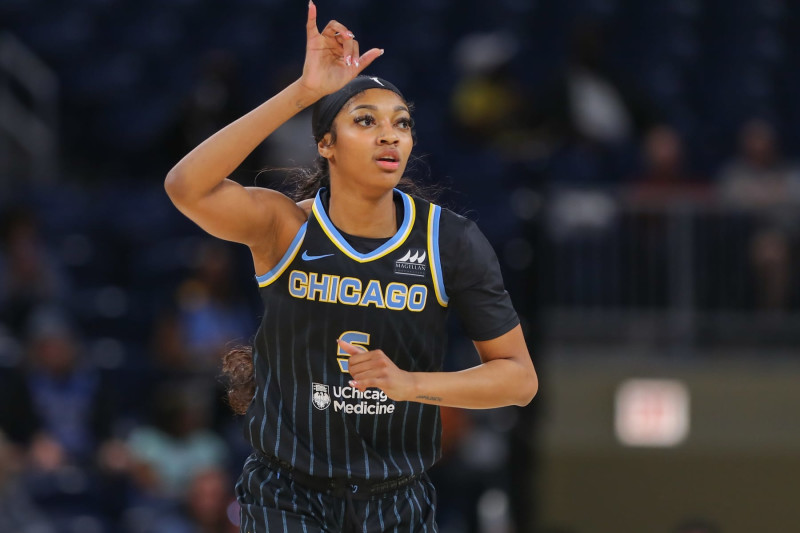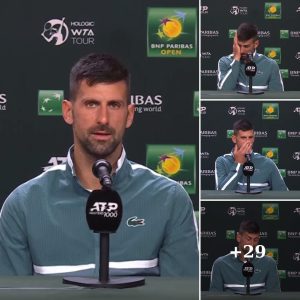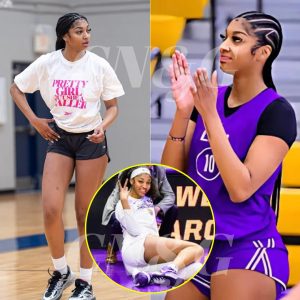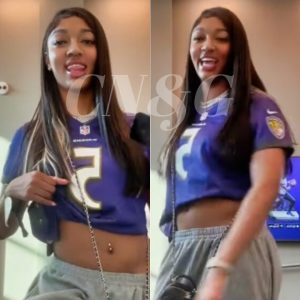
Melissa Tamez/Icon Sportswire via Getty Images
Not all WNBA teams have yet benefitted from the league’s plan to phase in charter fights during the 2024 regular season.
Chicago Sky rookie Angel Reese shared a selfie from a commercial flight Tuesday ahead of a road game against the Dallas Wings.
“Just praying that this is one of the last commercial flights the Chicago Sky has to fly,” Reese wrote on her Instagram story.
Some teams are already benefitting from the recent change in WNBA flight rules. The Indiana Fever and No. 1 draft pick Caitlin Clark took a charter flight to the team’s Tuesday night regular season-opener against the Connecticut Sun.
The Minnesota Lynx were also granted a charter flight to the team’s season-opening game against the Seattle Storm.
But ESPN’s Alexa Philippou reported that, as of Monday, uncertainty remained around chartering future flights.
Meanwhile teams that had not yet chartered flights were still waiting for information on when they could start, Philippou reported.
Reese isn’t the only player to express dissatisfaction with the rollout of league charter flights.
New York Liberty star Breanna Stewart said her team took a charter bus to Washington, D.C., to face the Washington Mystics.
Stewart said her team should have been given the option to “secure their own” charter flight in a post backed by the Las Vegas Aces’ Alysha Clark:
Terri Jackson, executive director of the WNBPA, told Philippou that the charter flight rollout had “a few more bumps than perhaps were needed.”
WNBA commissioner Cathy Engelbert said when announcing the rule change last week that the full charter program would be phased in “as soon as practical for the 2024 and 2025 seasons.”
The league already started chartering flights for all postseason games during the 2023 WNBA playoffs, and Engelbert said in April that the league would additionally pay for flights to back-to-back games this season.
Chartering flights for all 12 teams, for 40 regular-season games and the playoffs, is estimated to cost the WNBA about $25 million per year, per ESPN’s Michael Voepel.
The full program rollout can’t come soon enough for the league’s players, who have previously reported problems surrounding commercial flights including seat sizes, flight delays and harassment at airports.





